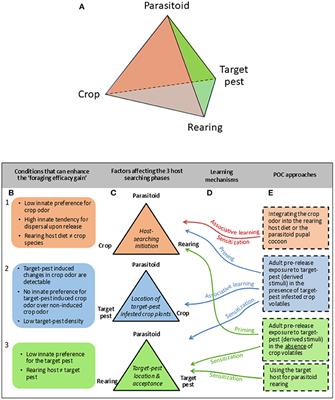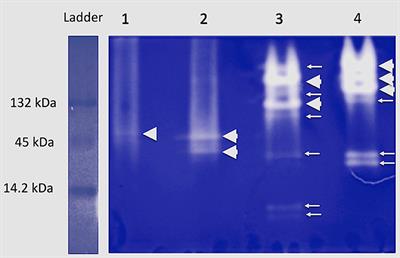EDITORIAL
Published on 10 Dec 2019
Editorial: Parasitoids' Ecology and Evolution
doi 10.3389/fevo.2019.00485
- 3,501 views
- 7 citations
10k
Total downloads
104k
Total views and downloads
EDITORIAL
Published on 10 Dec 2019
ORIGINAL RESEARCH
Published on 27 Aug 2019

ORIGINAL RESEARCH
Published on 29 May 2019

PERSPECTIVE
Published on 28 Mar 2019

REVIEW
Published on 28 Mar 2019
ORIGINAL RESEARCH
Published on 19 Feb 2019

ORIGINAL RESEARCH
Published on 19 Dec 2018

BRIEF RESEARCH REPORT
Published on 14 Dec 2018

ORIGINAL RESEARCH
Published on 29 Oct 2018

ORIGINAL RESEARCH
Published on 16 Oct 2018
